
The Diocese of Lichfield
Lichfield
Lichfield District Council and Surrounding Areas
Education
Decarbonisation Strategy, Feasibility and Design
Decarbonise
Decarbonisation Plans, Building Energy Modelling
MEP Design
RIBA Stage 2 Mechanical and Electrical Design Services
Mantis supported the Diocese of Lichfield advance its sustainability and net zero targets by securing £166,140 through the Low Carbon Skills Fund (LCSF) to deliver Strategy and Feasibility studies across eight schools. This work ensures these learning spaces are future-proofed, energy-efficient, and ready for sustainable capital projects.
Understanding the Challenge
The Diocese of Lichfield’s school estate presented complex decarbonisation challenges:
-
Existing heating systems nearing end-of-life, often over 10 years old
-
Varying fabric performance, requiring detailed thermal assessments
-
Diverse mechanical and electrical infrastructure across multiple sites
-
Need for actionable plans that could feed into RIBA Stage 4 designs for low-carbon capital projects
A strategic, technically rigorous approach was essential to identify the optimal decarbonisation pathway for each site.
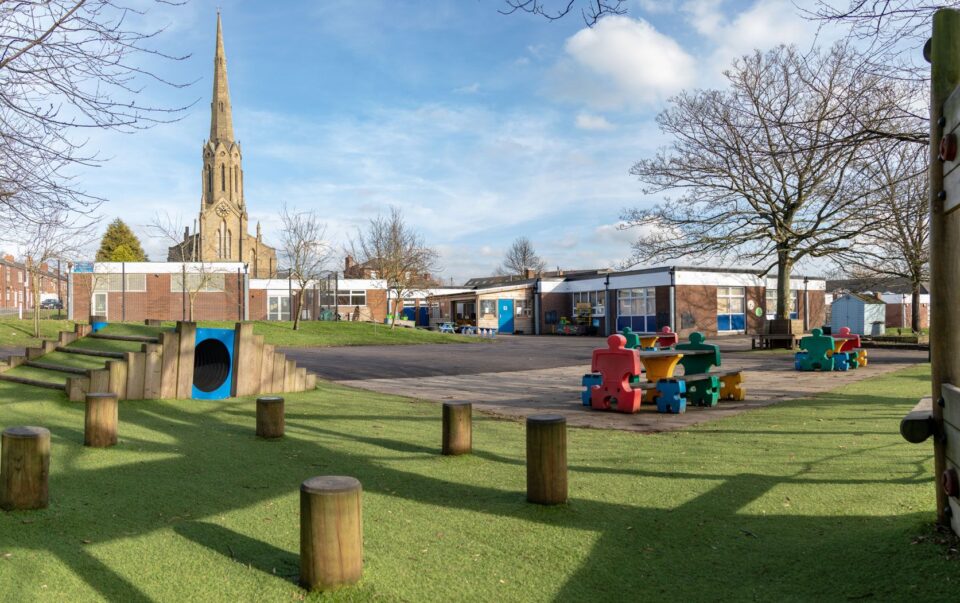
Securing Funding and Building the Pathway
Mantis managed the full Low Carbon Skills Fund (LCSF) application process, securing £166,140 in funding to deliver high-value Strategy and Feasibility studies.
This funding allowed the Diocese to:
-
Understand long-term decarbonisation options for each school
-
Evaluate technical, operational, and financial viability of proposed solutions
-
Develop clear recommendations for low-carbon heating, fabric upgrades, and energy efficiency measures
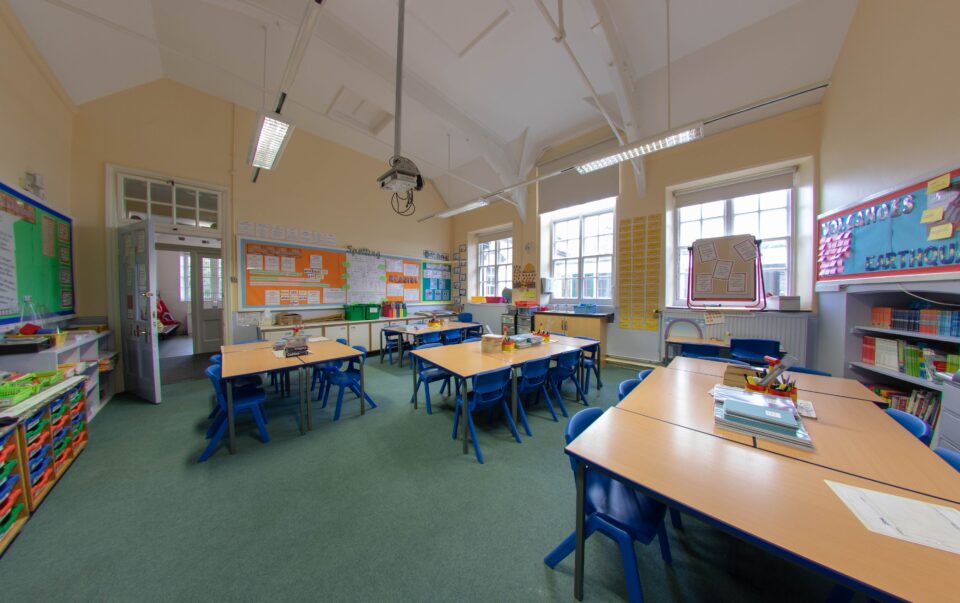
Strategy & Feasibility Studies: Technical Approach
Our team delivered tailored studies for each school, including:
-
Heat Decarbonisation Plans (HDPs): Assessing heating system replacement options, integration with low-carbon technologies, and long-term sustainability
-
Feasibility Assessments: Site-specific mechanical, electrical, and fabric audits to quantify energy savings, CO₂ reduction potential, and operational impacts
-
Capital Project Readiness: Recommendations structured to support Stage 3/4 project development, ensuring any future PSDS or decarbonisation capital works are de-risked and investment-grade
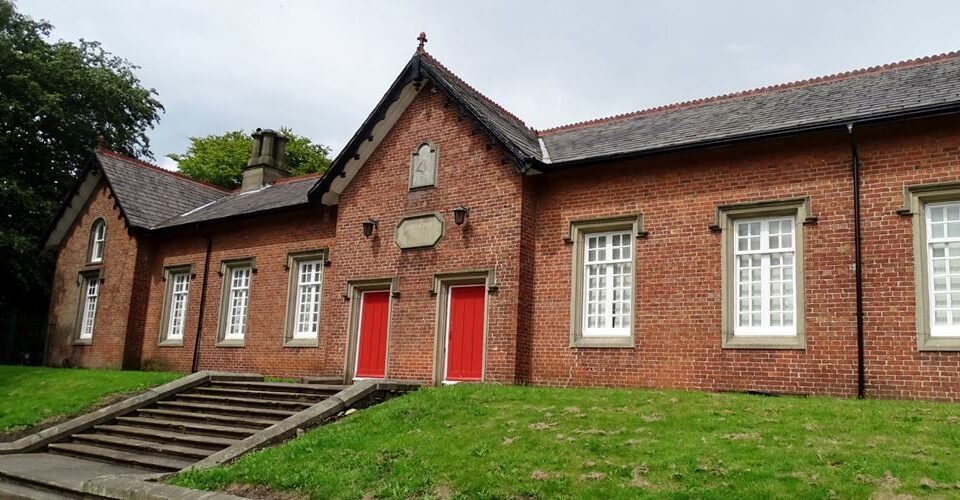
Schools Supported
The programme targeted eight schools with bespoke assessments:
-
St Paul’s C of E Aided Primary School
-
St Michael’s C of E Aided Primary School
-
Corbett VA C of E Primary School
-
St Margaret’s C of E Primary School
-
Whittington C of E (VA) Primary School
-
St Matthew’s C of E Aided Primary School and Nursery Centre
-
St Mary’s C of E (A) First School
-
St Thomas C of E Primary School
Each study produced a technical roadmap aligned with low-carbon priorities, balancing operational efficiency, cost-effectiveness, and regulatory compliance.
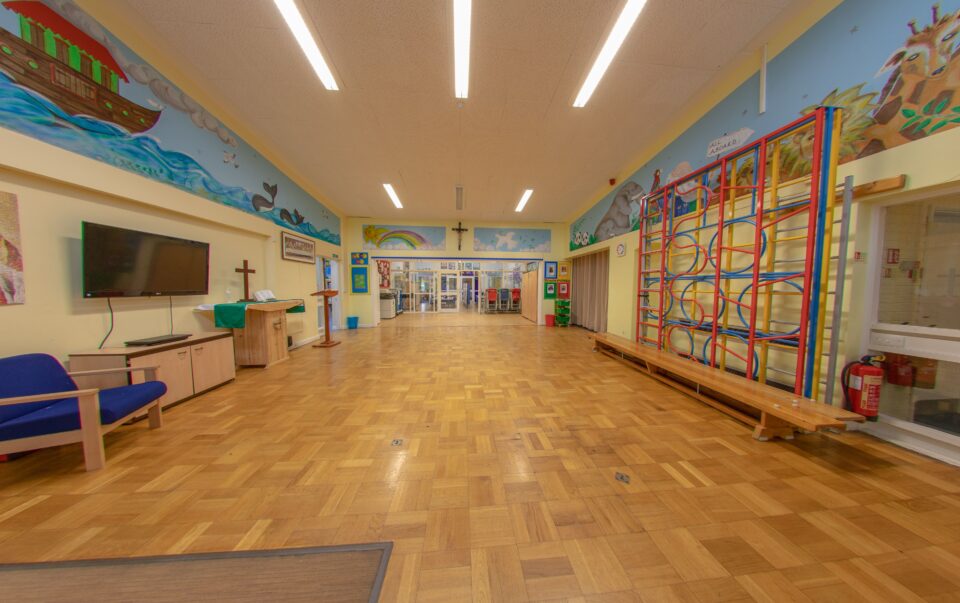
Delivering Measurable Outcomes
Through rigorous strategy and feasibility work, the Diocese of Lichfield now has:
-
Data-driven decarbonisation pathways ready to inform Stage 3/4 design
-
Technical insights into fabric performance, system replacement, and integration options
-
Confidence to progress to low-carbon capital projects with reduced financial and operational risk
-
Schools that are future-proofed against evolving energy standards and carbon reduction targets
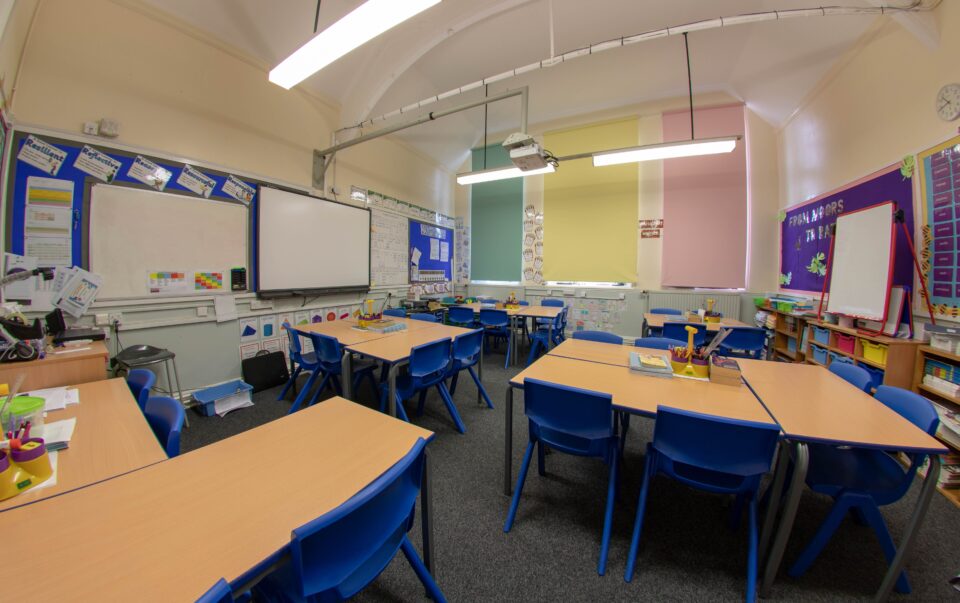
Contact us to find out more
If you are thinking about making your home more energy efficient or you have grand plans to build your own net zero carbon home then you have come to the right place.